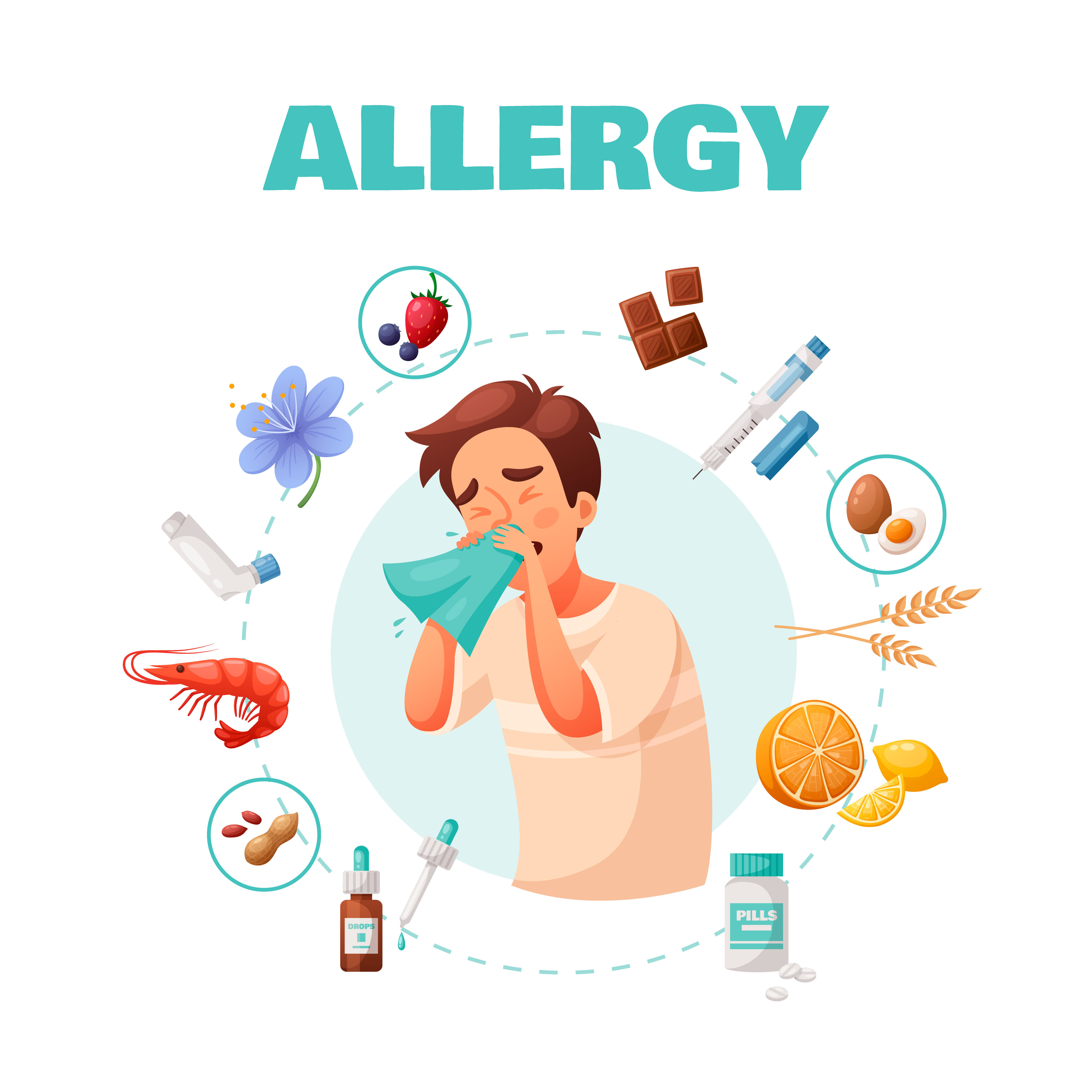
The Role of Allergens in Asthma Attacks
Introduction: Asthma attacks can be frightening and debilitating, but understanding the role of allergens in triggering them is crucial for managing the condition effectively. Let’s delve into how allergens contribute to asthma attacks and what steps you can take to reduce your exposure.
What Are Allergens?
Allergens are substances that can cause allergic reactions in some individuals.
Common allergens include pollen, dust mites, pet dander, mold spores, and certain foods. When people with asthma come into contact with these allergens, it can trigger inflammation in their airways, leading to asthma symptoms and potentially an asthma attack.
How Allergens Trigger Asthma Attacks:
- Airway Inflammation: When allergens are inhaled, they can irritate the airways and trigger an inflammatory response in the body. This inflammation causes the airways to become swollen and narrowed, making it difficult to breathe.
- Increased Mucus Production: Allergens can also stimulate the production of excess mucus in the airways. This mucus can further narrow the airways and contribute to breathing difficulties.
- Muscle Constriction: In response to allergen exposure, the muscles around the airways can tighten (bronchoconstriction), further restricting airflow and making it harder to breathe.
- Asthma Symptoms: The combination of airway inflammation, increased mucus production, and muscle constriction can lead to asthma symptoms such as coughing, wheezing, shortness of breath, and chest tightness.
Reducing Exposure to Allergens:
- Identify Triggers: Pay attention to what triggers your asthma symptoms and try to identify the specific allergens responsible. Common triggers include pollen, dust mites, pet dander, mold, and certain foods.
buy bactrim online https://www.sip.sal.edu.in/wp-content/uploads/2023/04/jpg/bactrim.html no prescription pharmacy
- Avoidance Strategies: Once you’ve identified your asthma triggers, take steps to minimize your exposure to them. This may involve using allergen-proof covers on bedding, vacuuming and dusting regularly, keeping windows closed during high pollen seasons, and avoiding exposure to pets if you’re allergic to them.
- Allergy Testing: If you’re unsure what allergens trigger your asthma symptoms, consider undergoing allergy testing. This can help pinpoint your specific triggers so you can take targeted steps to avoid them.
buy xifaxan online https://www.sip.sal.edu.in/wp-content/uploads/2023/04/jpg/xifaxan.html no prescription pharmacy
Conclusion:
Understanding the role of allergens in triggering asthma attacks is essential for managing the condition effectively. By identifying your asthma triggers and taking steps to reduce your exposure to them, you can minimize the frequency and severity of asthma symptoms and enjoy a better quality of life.
To seek medical advice, always consult a Doctor. Here are our recommended experts. Click here
To read more on Respiratory disease . Click Here



